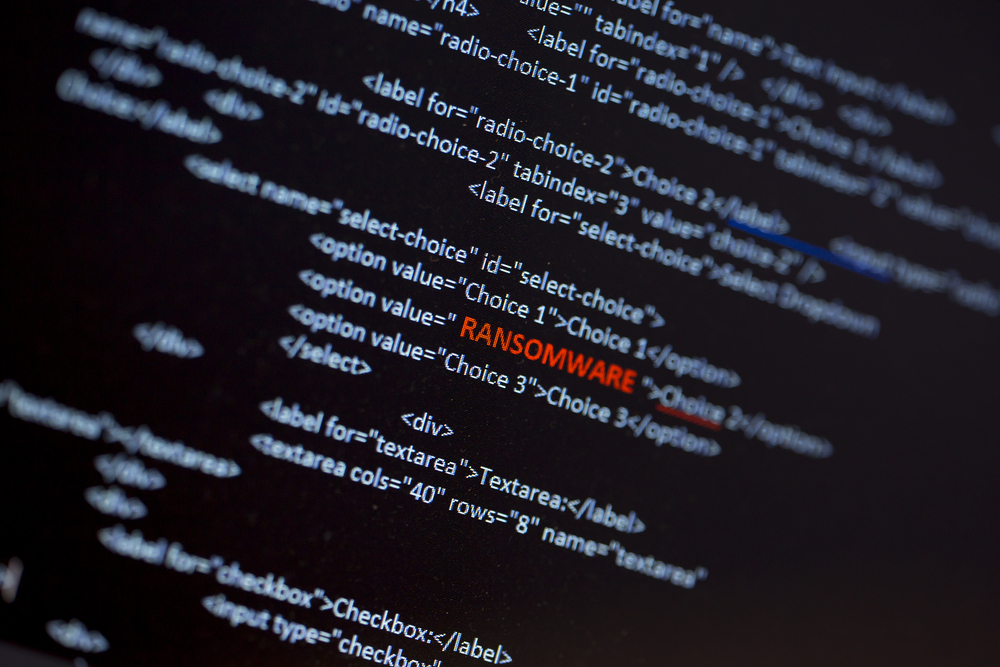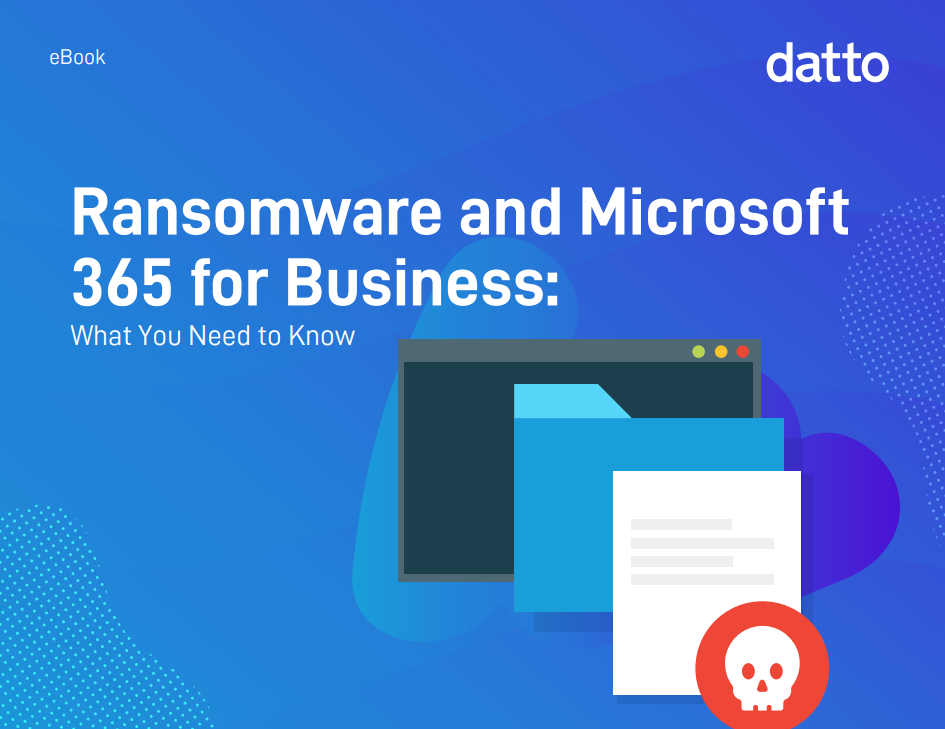FBI warns Rust-based ransomware has breached over 60 organisations
The agency has issued an alert warning that the new ransomware has impacted at least 60 global organisations since last November


The Federal Bureau of Investigation (FBI) has warned of BlackCat ransomware-as-a-service (RaaS) which it believes has compromised at least 60 entities around the world since last November.
BlackCat has been recruiting new affiliates since late 2021 and targeting organisations across multiple sectors across the world, according to Varonis Threat Labs. It has actively recruited former REvil, BlackMatter, and DarkSide operators and increased its activity since November 2021. Varonis found that it offers lucrative affiliate payouts, up to 90%, and uses a Rust-based ransomware executable. The group's leak site also named over 20 victim organisations since January 2022, although the data security firm predicted that the total number of victims was likely to be greater.
The FBI released an alert earlier this month where it found that BlackCat, also known as ALPHV or Noberus, has compromised at least 60 entities worldwide through RaaS as of March 2022. It said it’s the first ransomware group to do so successfully using Rust, a programming language that offers high performance and improved safety features.
The advisory stated that the ransomware leverages previously compromised user credentials to gain initial access to the victim’s system. Once the malware establishes access, it compromises Active Directory user and administrator accounts. The malware utilises Windows Task Scheduler to configure malicious Group Policy Objects (GPOs) to deploy ransomware.
RELATED RESOURCE

Ransomware and Microsoft 365 for business
What you need to know about reducing ransomware risk
The initial deployment of the malware leverages PowerShell scripts, along with Cobalt Strike, and disables security features within the victim’s network. The ransomware also uses Windows administrative tools and Microsoft Sysinternals tools during compromise. BlackCat/ALPHV steals victim data before the execution of the ransomware, including from cloud providers where company or client data was stored.
“BlackCat-affiliated threat actors typically request ransom payments of several million dollars in Bitcoin and Monero but have accepted ransom payments below the initial ransom demand amount,” stated the FBI in the advisory. “Many of the developers and money launderers for BlackCat/ALPHV are linked to Darkside/Blackmatter, indicating they have extensive networks and experience with ransomware operations.”
The agency is seeking any information that can be shared, including IP logs showing callbacks from foreign IP addresses, Bitcoin, or Monero addresses. It’s also searching for transaction IDs, communications with the threat actors, the decryptor file, and a sample of an encrypted file.
Sign up today and you will receive a free copy of our Future Focus 2025 report - the leading guidance on AI, cybersecurity and other IT challenges as per 700+ senior executives
The law enforcement agency doesn’t recommend paying ransoms although it understands that some organisations may do so to protect shareholders, employees, and customers. Even if an organisation pays the ransom, the FBI has urged victims to report ransomware incidents to their local FBI office. It also suggested that organisations review their domain controllers, regularly backup data offline, and implement network segmentation.
Zach Marzouk is a former ITPro, CloudPro, and ChannelPro staff writer, covering topics like security, privacy, worker rights, and startups, primarily in the Asia Pacific and the US regions. Zach joined ITPro in 2017 where he was introduced to the world of B2B technology as a junior staff writer, before he returned to Argentina in 2018, working in communications and as a copywriter. In 2021, he made his way back to ITPro as a staff writer during the pandemic, before joining the world of freelance in 2022.
-
 What is Microsoft Maia?
What is Microsoft Maia?Explainer Microsoft's in-house chip is planned to a core aspect of Microsoft Copilot and future Azure AI offerings
-
 If Satya Nadella wants us to take AI seriously, let’s forget about mass adoption and start with a return on investment for those already using it
If Satya Nadella wants us to take AI seriously, let’s forget about mass adoption and start with a return on investment for those already using itOpinion If Satya Nadella wants us to take AI seriously, let's start with ROI for businesses
-
 There’s a dangerous new ransomware variant on the block – and cyber experts warn it’s flying under the radar
There’s a dangerous new ransomware variant on the block – and cyber experts warn it’s flying under the radarNews The new DeadLock ransomware family is taking off in the wild, researchers warn
-
 Hacker offering US engineering firm data online after alleged breach
Hacker offering US engineering firm data online after alleged breachNews Data relating to Tampa Electric Company, Duke Energy Florida, and American Electric Power was allegedly stolen
-
 Cybersecurity experts face 20 years in prison following ransomware campaign
Cybersecurity experts face 20 years in prison following ransomware campaignTwo men used their tech expertise to carry out ALPHV BlackCat ransomware attacks
-
 15-year-old revealed as key player in Scattered LAPSUS$ Hunters
15-year-old revealed as key player in Scattered LAPSUS$ HuntersNews 'Rey' says he's trying to leave Scattered LAPSUS$ Hunters and is prepared to cooperate with law enforcement
-
 The Scattered Lapsus$ Hunters group is targeting Zendesk customers – here’s what you need to know
The Scattered Lapsus$ Hunters group is targeting Zendesk customers – here’s what you need to knowNews The group appears to be infecting support and help-desk personnel with remote access trojans and other forms of malware
-
 Impact of Asahi cyber attack laid bare as company confirms 1.5 million customers exposed
Impact of Asahi cyber attack laid bare as company confirms 1.5 million customers exposedNews No ransom has been paid, said president and group CEO Atsushi Katsuki, and the company is restoring its systems
-
 The US, UK, and Australia just imposed sanctions on a Russian cyber crime group – 'we are exposing their dark networks and going after those responsible'
The US, UK, and Australia just imposed sanctions on a Russian cyber crime group – 'we are exposing their dark networks and going after those responsible'News Media Land offers 'bulletproof' hosting services used for ransomware and DDoS attacks around the world
-
 A notorious ransomware group is spreading fake Microsoft Teams ads to snare victims
A notorious ransomware group is spreading fake Microsoft Teams ads to snare victimsNews The Rhysida ransomware group is leveraging Trusted Signing from Microsoft to lend plausibility to its activities
